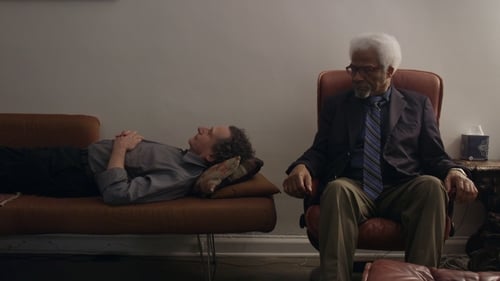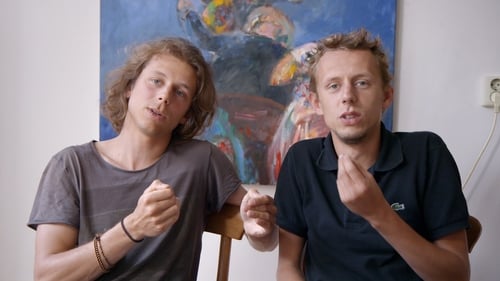
Producer
“No hay camino” sigue a la legendaria directora Heddy Honigmann en un viaje real y espiritual. Hoy, enfrentada a una enfermedad terminal, viajará a su país de nacimiento, Perú y por Europa, revisando todos los lugares y momentos importantes de su vida, ricamente ilustrados con clips de sus películas.

Producer
In the 1940s, Alima decides to flee from an arranged marriage to work as a nanny for a Dutch family. Through all her new impressions and thoughts, she looks critically at colonial society and her own position.

Producer
La muerte de Antonio Sánchez Lomas, Al igual que gran parte de España, el pueblo de Frigiliana está marcado por la violencia de la dictadura de Franco, con tragedias y pasados sin procesar que reverberan en el presente. Décadas después, los habitantes siguen llorando a sus muertos. En un intento por sanar de las pérdidas pasadas, se hizo un plan para dramatizar esos eventos violentos, pero no todos quieren abrir viejas heridas.

Producer
The film follows Michael Moskowitz’s work with a New York-based therapist named Kirkland Vaughns, one of the few African-American Freudian therapists in the United States, while the director reveals her own family’s devastating trauma.

Boom Operator
Jade es una joven madre en la flor de la vida cuando un ataque con ácido le deja herida de gravedad. Mientras su cara es reconstruida, su belleza queda escondida tras las cicatrices. Mientras va perdiendo sus relaciones, y se adentra en una vorágine autodestructiva, Jade deberá actuar para poder retomar su vida.

Producer
To forever be an outsider in your own country or roam freely in an international but tiny kingdom? That is the choice Tobias, who was born deaf, seems to be faced with.

Producer
In July 1992, fleeing the war in former Yugoslavia, some patients of the Bosnian mental institution in Jakes leave for Hungary. Since 1996, these patients are housed on a ward of a refugee centre in the Hungarian city of Debrecen, where the rooms are clean but bare. The filmmakers talk to patients, who would rather go back home. They interview the psychiatrist in attendance, who wonders why there is no place in Bosnia for this small group. In Bosnia, they interview the psychiatrist of their former institution; old video footage shows the ravages of war. Plaintive singing on the soundtrack accompanies a trip across snow-clad Bosnia, where the filmmakers visit the patients' relatives. Their reactions are similar each time: they did not know that the patients were in Hungary now, but Bosnia has a lack of money, doctors and medicine. According to their relatives - and the director of a new institution in Jakes - they are better off in Hungary.






